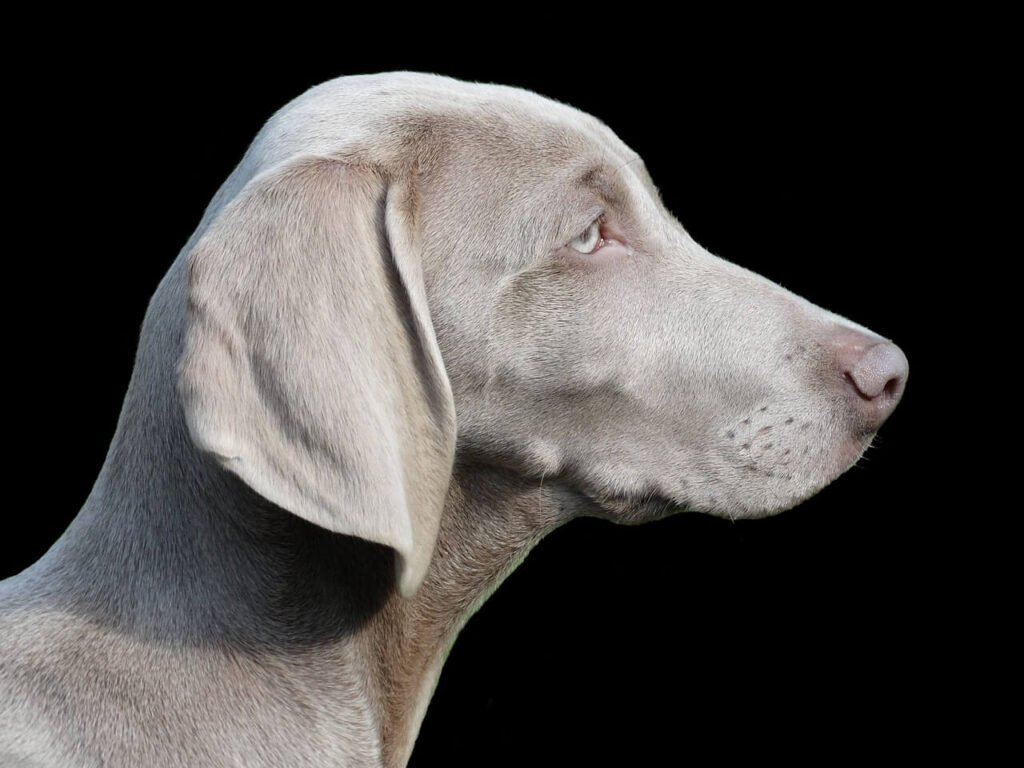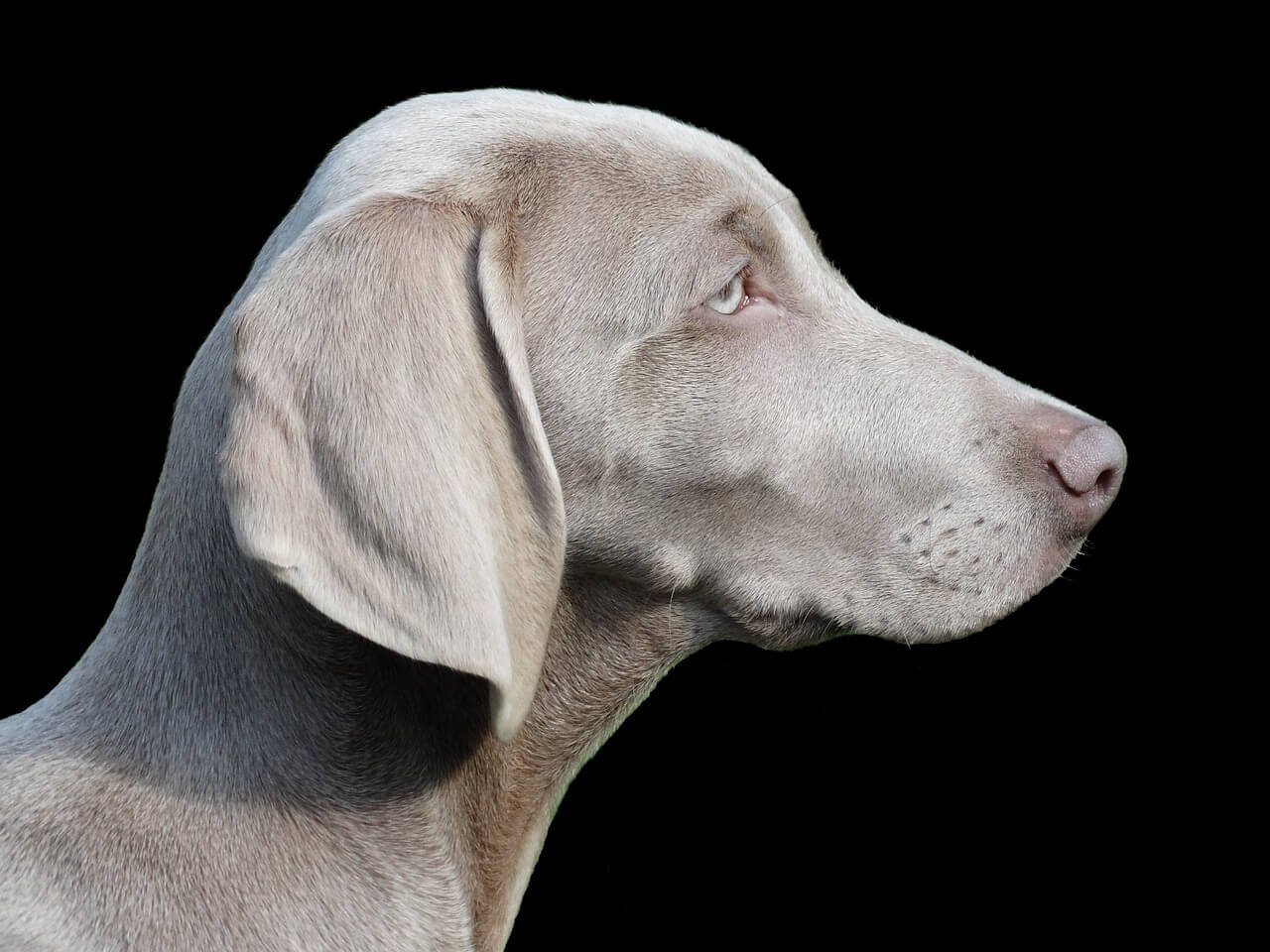When Your Dog Ate Cough Drops: What You Need to Know
Dogs are naturally curious creatures, and their tendency to explore the world with their mouths can sometimes lead to unexpected—and potentially dangerous—situations. If your dog has swallowed cough drops, you may be wondering whether this is cause for concern and what steps you should take next. While some ingredients in cough drops are harmless in small amounts, others can pose serious health risks depending on the quantity ingested and the specific formulation. Understanding the potential dangers, recognizing symptoms of toxicity, and knowing how to respond can help ensure your furry friend stays safe. Let’s dive into everything you need to know about what happens when your dog ate cough drops and how to handle the situation effectively.
Common Ingredients in Cough Drops and Their Risks
Cough drops often contain a variety of ingredients, some of which can be harmful to dogs if ingested in large quantities. Identifying these components is crucial to assessing the level of risk your dog may face.
Xylitol (Sugar Substitute):
Xylitol is highly toxic to dogs and can cause a rapid drop in blood sugar levels, leading to seizures or liver failure.Menthol:
While menthol is not typically life-threatening, it can irritate your dog’s digestive system and cause vomiting or diarrhea.Artificial Sweeteners:
Besides xylitol, other artificial sweeteners may upset your dog’s stomach but are generally less dangerous.Eucalyptus Oil:
Found in some cough drops, eucalyptus oil can cause nausea, drooling, or difficulty breathing if consumed in significant amounts.Zinc or Herbal Additives:
Certain herbal extracts or mineral supplements in cough drops may harm dogs if ingested excessively.
Understanding the ingredients in cough drops helps you gauge the severity of the situation and determine whether immediate action is necessary.

Signs Your Dog May Be Experiencing Toxicity
If your dog ate cough drops, it’s important to monitor them closely for signs of adverse reactions. These symptoms can indicate whether they’ve ingested something harmful.
Vomiting or Diarrhea:
Gastrointestinal upset is one of the first signs that your dog may have consumed something toxic.Lethargy or Weakness:
A sudden lack of energy or unresponsiveness could signal poisoning or a drop in blood sugar levels.Excessive Drooling:
Drooling may occur if your dog is experiencing oral irritation or nausea from certain ingredients.Difficulty Breathing:
Menthol or eucalyptus compounds can irritate the respiratory system, causing labored breathing.Seizures or Tremors:
In severe cases, particularly with xylitol ingestion, seizures may indicate a medical emergency requiring immediate attention.
Recognizing these symptoms early allows you to seek veterinary care promptly and minimize potential complications.
Check this guide 👉What Happens If Your Dog Ate a Cherry Seed? Best 7 Tips!
Check this guide 👉What to Do If Your Dog Ate Fiberglass: Best 7 Tips!
Check this guide 👉My Dog Ate a Mango Seed: Best 7 Expert Tips!
Symptoms of Cough Drop Ingestion | Actions to Take Immediately |
|---|---|
Vomiting or diarrhea | Withhold food and monitor hydration |
Lethargy or weakness | Contact your veterinarian immediately |
Excessive drooling | Rinse your dog’s mouth with water |
Difficulty breathing | Ensure airways are clear; seek help |
Seizures or tremors | Rush to an emergency vet clinic |
Steps to Take When Your Dog Ate Cough Drops
Acting quickly and calmly is essential if your dog ingests cough drops. Here’s a step-by-step guide to help you navigate the situation effectively.
Assess the Situation:
Try to determine how many cough drops your dog ate and check the packaging for harmful ingredients like xylitol.Call Your Veterinarian:
Provide details about the incident, including the type of cough drops and the estimated quantity consumed.Do Not Induce Vomiting Without Guidance:
Forcing your dog to vomit without professional advice can worsen the situation, especially if corrosive substances are involved.Monitor Your Dog Closely:
Watch for any changes in behavior, appetite, or physical condition over the next few hours.Keep the Packaging Handy:
Bring the cough drop packaging to the vet so they can review the ingredients and provide tailored treatment.
Following these steps ensures you handle the situation responsibly and prioritize your dog’s safety.
Preventing Future Incidents with Household Items
Prevention is key to avoiding similar mishaps in the future. Taking proactive measures can safeguard your home and protect your curious pup.
Store Medications Securely:
Keep all medications, including cough drops, in high cabinets or locked containers out of your dog’s reach.Use Childproof Containers:
Opt for childproof or pet-proof storage solutions to minimize the risk of accidental ingestion.Supervise Playtime:
Always keep an eye on your dog during playtime to prevent them from chewing on non-food items.Teach “Leave It” Commands:
Training your dog to respond to commands like “leave it” can deter them from picking up harmful objects.Dog-Proof Your Home:
Regularly inspect your living space for potential hazards and remove anything that could tempt your dog.
By implementing these strategies, you can create a safer environment and reduce the likelihood of accidents.
Symptoms Based on Ingredient Types
Different ingredients in cough drops can trigger varying symptoms in dogs. Recognizing these distinctions helps you identify potential issues more accurately.
Xylitol Poisoning Symptoms:
Look for weakness, collapse, or seizures, as these indicate a critical drop in blood sugar levels.Menthol-Related Issues:
Expect mild symptoms like drooling, vomiting, or gastrointestinal discomfort.Eucalyptus Oil Reactions:
Watch for excessive salivation, coughing, or difficulty breathing due to respiratory irritation.Herbal Extract Side Effects:
Herbal additives may cause mild stomach upset or allergic reactions in sensitive dogs.Artificial Flavoring Concerns:
While usually benign, artificial flavors can still irritate the stomach in large doses.
Understanding these nuances helps you better assess your dog’s condition and communicate effectively with your vet.
Safe Alternatives to Cough Drops Around Pets
If you frequently use cough drops, consider alternatives that pose less risk to your pets while still addressing your needs.
Natural Remedies for Humans:
Opt for honey or ginger tea, which are safer options if accidentally encountered by pets.Pet-Safe Treats Instead of Sweets:
Replace sugary snacks with dog-safe treats designed specifically for pets.Separate Storage Solutions:
Use designated areas for human medications and pet supplies to avoid cross-contamination.Non-Toxic Room Fresheners:
Avoid products containing eucalyptus or menthol; choose pet-safe air fresheners instead.Educating Family Members:
Ensure everyone in the household understands the importance of keeping harmful items away from pets.
These alternatives promote a harmonious living environment where both humans and pets stay safe.
How to Train Your Dog to Avoid Harmful Items
Training your dog to steer clear of dangerous items can significantly reduce the risk of accidental ingestion. Here’s how to get started:
Introduce Basic Commands Early:
Teach commands like “leave it” and “drop it” during puppyhood to establish boundaries.Reward Positive Behavior:
Offer treats or praise whenever your dog ignores or avoids harmful objects.Practice Scenarios Regularly:
Simulate situations where your dog might encounter tempting items and reinforce their obedience.Use Distractions Effectively:
Redirect your dog’s attention to toys or activities when they show interest in unsafe items.Be Consistent and Patient:
Training takes time, so remain consistent and celebrate small victories along the way.
With dedication and repetition, you can instill lifelong habits that keep your dog safe and well-behaved.
Frequently Asked Questions About Dogs Eating Cough Drops
Are all cough drops toxic to dogs?
No, not all cough drops are toxic, but many contain harmful ingredients like xylitol or menthol. Always check the label.
What should I do if my dog ate a cough drop containing xylitol?
Contact your veterinarian immediately, as xylitol is highly toxic and requires urgent treatment.
Can I induce vomiting at home if my dog eats cough drops?
Only under the guidance of a veterinarian. Inducing vomiting incorrectly can cause additional harm.
How can I prevent my dog from eating things they shouldn’t?
Store hazardous items securely, train your dog using commands like “leave it,” and supervise them closely.
Will one cough drop hurt my dog?
It depends on the ingredients and your dog’s size. Consult your vet to assess the risk based on your specific situation.
Staying Vigilant to Protect Your Dog
Accidents happen, even with the most vigilant pet owners, but knowing how to respond when your dog ate cough drops can make all the difference. By understanding the risks associated with certain ingredients, recognizing symptoms of toxicity, and taking swift action, you can ensure your dog receives the care they need. Prevention remains the best defense, so securing household items and teaching your dog safe behaviors will go a long way in keeping them healthy and happy. Remember, your quick thinking and calm approach can turn a potentially dangerous situation into a manageable one—because every pup deserves a safe and loving home.
Do Cats Have Taste Buds? Best 7 Expert Tips! – Discover how cats experience flavors and why their taste is so unique.
Do Dogs Have Taste Buds? Best 7 Expert Tips! – Discover how dogs experience taste, their preferences, and what it means for their diet and health.
Can Cats Taste Sweet? Best 7 Expert Tips! – Discover why cats can’t taste sweetness, how it affects their diet, and tips to keep them healthy and happy.
Can Dogs Taste Sweet? Best 7 Expert Tips! – Discover how dogs perceive sweetness, which foods are safe, and tips to manage their sweet cravings responsibly.





